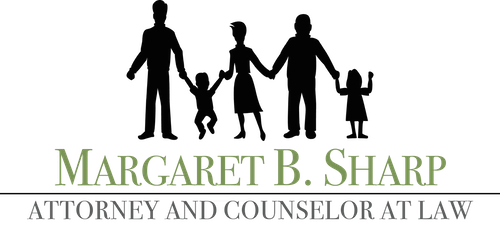LIMITED SCOPE REPRESENTATION
FULL SERVICE REPRESENTATION
NEWSLETTER SIGN UP
NEWSLETTER SIGN UP
New Beneficiary Deed for California Property
As of January 1, 2016, owners of California real estate can create a revocable Transfer on Death (TOD) Deed to give their house away at their death without probate. This deed must be recorded in the county where the real property is located within a certain period of time or else it is not effective to transfer title.
For those who like to do-it-yourself, this may be an idea that is long over due: an apparent easy way to transfer their home at their deaths and avoid probate. For others, however, myself included, it is may be a good idea in theory, but I wonder whether in practice if the transfer will be as smooth as easy as desired. I would hate for someone to think they have done it themselves correctly only to be faced with unexpected probate or litigation because of an inadvertent error.
WHAT DOES THE NEW LAW SAY?
You can use a TOD Deed to transfer residential property directly to one or more named beneficiaries at your death. If done properly, there will be no probate for your real estate. TOD Deeds are revocable, if you change your mind by recording before your death a new deed that expressly revokes the prior TOD Deed.
LIMITATIONS ON USE OF THIS DEED
- The TOD Deed has no effect until you die.
- This form cannot be used to transfer business property. It can only be used for a condominium, or single family residence, or an apartment building containing four (4) or fewer units.
- Full legal description of the property is required; the abbreviated information found on your real property tax bill is insufficient for this purpose.
- Your interest is the only interest that is transferred at your death. If you own real property with another person, only your interest, and NOT the other person’s interest, will be transferred at your death. (If the other person wishes to transfer his or her interest at his or her death, then he or she must complete and record his or her own TOD Deed.)
- You must remember to prepare and record a revocation if you change your mind about who will receive your interest in the property at your death.
- This Deed has NO effect if you sell the property during your lifetime if the deed or other document used to transfer your property is recorded before your death. The TOD Deed only affects the property to which you have title at your death.
- If you sell the property but the deed of sale is not recorded before the date of your death, then your TOD Deed will control and transfer the property to your named beneficiary(ies). If you sell your property that whoever wins the race to the County Recorder’s Office wins the title to the property.
- If you name more than one (1) beneficiary, the new co-owners will own the property as tenants in common. If you want a different result, you MUST use a different form and not a TOD Deed.
- You must name specific beneficiaries with their full names. For example, you cannot call your beneficiaries “my children” and have it be effective to transfer the property to them. You must name each child as a beneficiary. You should also state the relationship that person has with you.
- If your named beneficiary dies before you do, the TOD Deed will have no effect and the property will remain as your asset.
- If you name more than one beneficiary on the TOD Deed but one of the people you name dies before you do, the share of the deceased beneficiary will be divided equally between the surviving named beneficiaries. If you want a different result, DO NOT used a TOD Deed form.
- If you own property as Joint Tenants With Right of Survivorship with another person and you die first, the TOD Deed you signed and recorded will be void and have no effect. However, if you are the Surviving Joint Tenant, then your TOD Deed will transfer title to the property to the named beneficiary in the TOD Deed. If you do not want this result, do not use the TOD Deed form.
- If you own property as Community Property With Right of Survivorship with another person and you die first, the TOD Deed you signed and recorded will be void and have no effect. However, if you are the Surviving Spouse, then your TOD Deed will transfer title to the property to the named beneficiary in the TOD Deed. If you do not want this result, do not use this TOD Deed form.
- You MAY NOT add other conditions to the form. If you do, the beneficiary named in your TOD Deed will have to go to court in order to clear title.
- The beneficiary of a TOD Deed takes control of the property subject to any debts or liens on the property.
- The TOD Deed does not avoid any gift or estate tax liability that may be due. Remember: If you give cash or real property that exceeds $14,000 in value to any beneficiary you must file a gift tax return. Be sure to consult with your accountant before you use a TOD Deed.
The post New Beneficiary Deed for California Property appeared first on Sharp Estate Planning.

